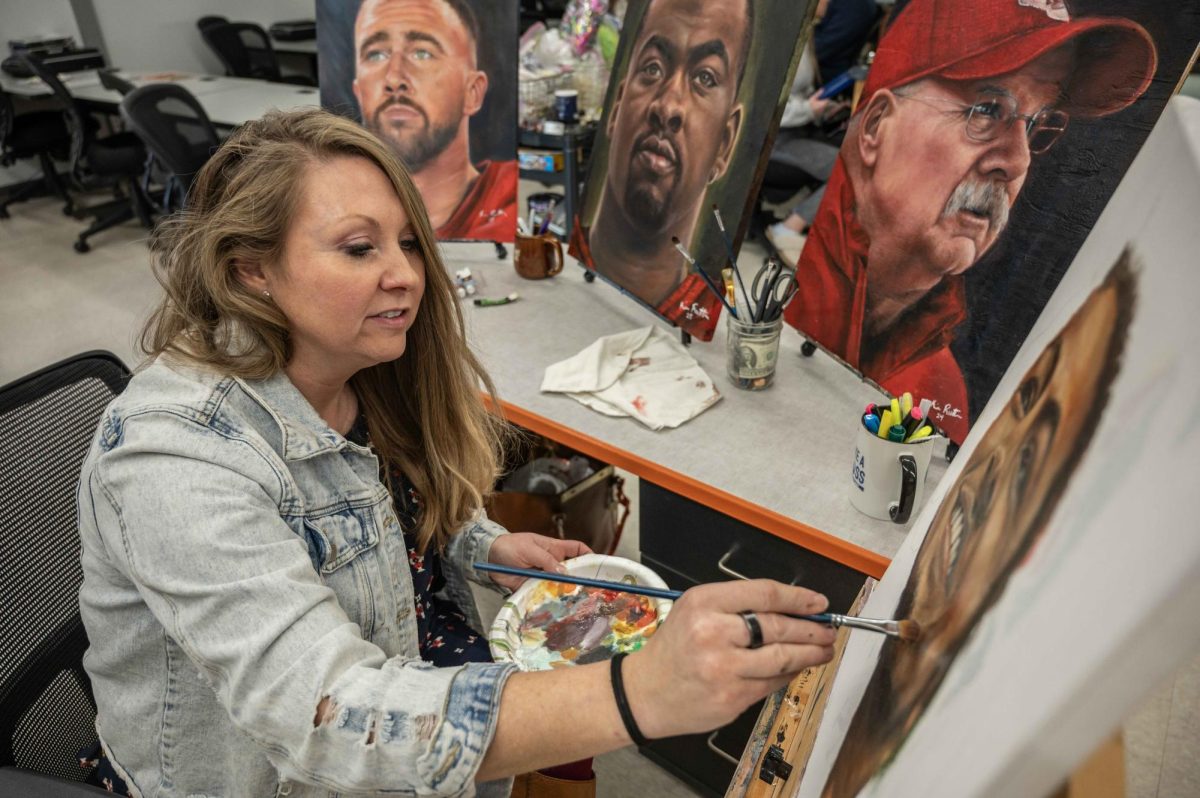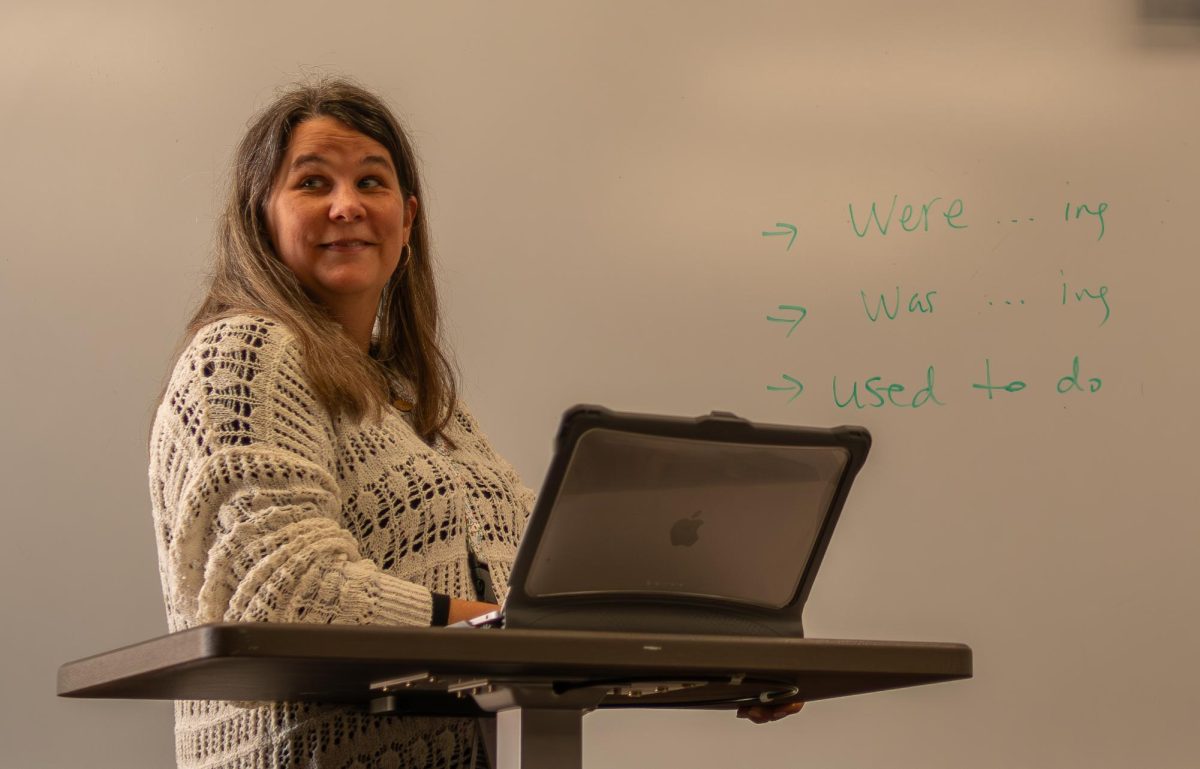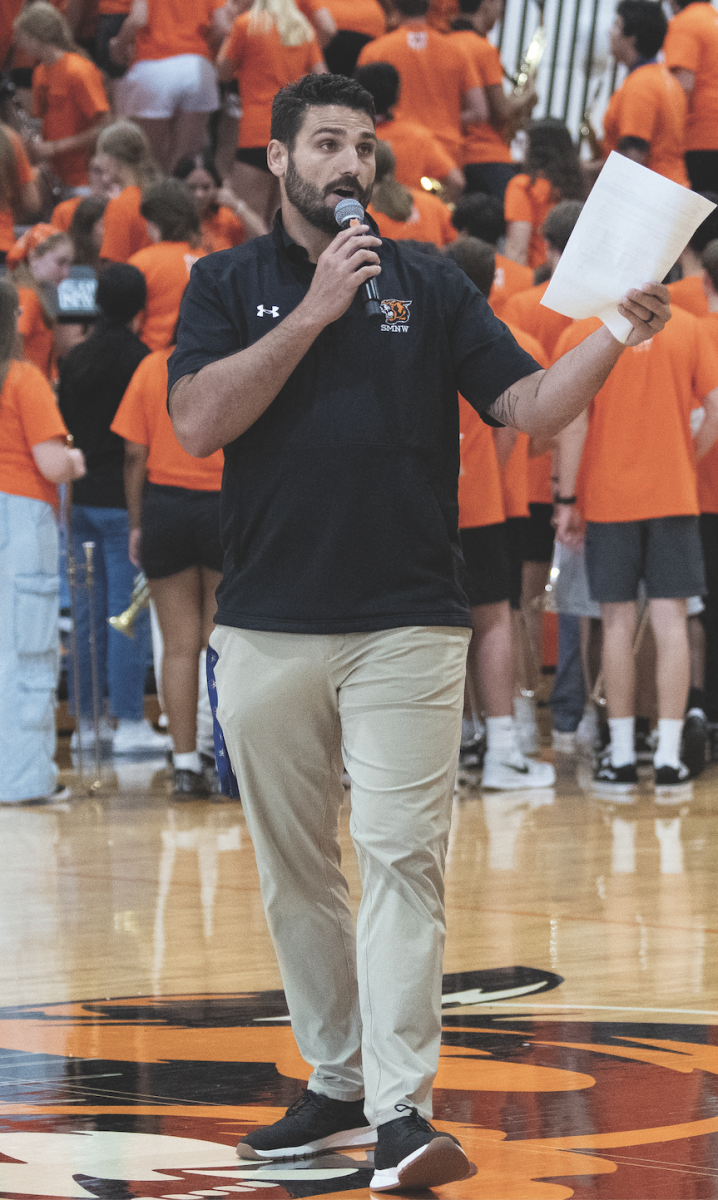The Dangers of New Destinations
Travel restrictions on U.S. citizens continue into fall
October 16, 2020
Unwelcome and unwanted; many countries around the world have banned US travelers from entering their borders. As the number of COVID-19 cases continues to rise, the hope of students who plan on traveling this spring break diminish.
According to the Centers for Disease Control and Prevention (CDC), the total number of confirmed COVID-19 cases in the United States was approximately 7.4 million as of Oct. 7. On this date, more than 39,000 new cases were reported as well. Since the peak of nearly 75,000 new cases on July 17, the total number of these cases has decreased drastically; however, the number of cases in the United States greatly surpass other countries, making U.S. travelers a danger to other countries around the world.
Traveling under current circumstances is unsafe, even while taking precautions, as this disease spreads quickly and easily.
Both sophomore Abigail Bates and former student Ally Urich were signed up to travel to China during the summer of 2020. The travel location for this trip was changed to Australia and New Zealand before it was canceled altogether.
“I was very disappointed,” Bates said. “I was really looking forward to getting out of Kansas. My dad lived in Japan for a little bit. He told me that those are like completely different worlds, that you wouldn’t understand until you saw it and I really wanted to have that experience.”
Countries, such as France and Italy, around the world are presently considered “high risk” destinations according to the CDC. Older adults and those with underlying health conditions are recommended to consult a doctor before traveling to low risk places such as New Zealand or Thailand. Social studies teacher Rebecca Anthony, like many others, is not comfortable traveling at this time.
“I even hesitate right now to say next summer,” Anthony said. “I mean, hopefully conditions improve a lot, but who knows.”
Regardless of whether you want to travel to a risk area, the majority of countries have completely banned U.S. citizens from entering.
“I understand why they would do so,” Urich said. “We, as of right now, are not being safe with how we’re handling this pandemic, and there are a lot of people that are fine with that. So yeah, I don’t think that those countries are wrong when banning us. They just want to protect their own people.”
Many others have also placed travel restrictions on U.S. citizens. Two of these countries include both Costa Rica and Ireland. Costa Rica requires negative Covid-19 test results in the past 48 hours before arrival, while Ireland has a mandatory self-isolation period of 14 days upon arrival.
“I totally understand ,”
sophomore Abigail Bates said. “As much as I wish I could go to those places, I’m glad that they have taken the precaution.”
At this time the CDC recommends that citizens wear masks in any social setting around people who do not live in their household, as wearing a mask can prevent the spread of Covid. States have the authority to require the use of masks and many have done so. Currently Kansas requires those over the age of five to wear a facemask in an enclosed area where members of the community cannot maintain proper social distancing. Despite CDC recommendations and state mandates, some members of the public have challenged mask laws claiming that it is a violation of the First Amendment.
“I wish that everyone took this seriously, so that we can move past it,” American History and Sociology teacher Brooke Moore said. “Other countries who had high infection rates brought it back down again and they are getting back to normal. It’s just a shame that we couldn’t have come together as a community.”
Many teachers at Northwest who have taken students on trips during previous years believe it is important for them to travel.
“It’s great for students to travel because a lot of the kids at Northwest don’t ever get out
of the ‘Johnson County bubble,’” social studies teacher Anthony Stubenrauch said.
“They get stuck with what’s going on, only amongst their groups of friends and don’t
have a clue of all the other things that are out there.”
In addition to the new experiences students can gain from traveling, some believe that traveling encourages personal growth.
“You have to get out of your comfort zone,” Anthony said. “You have to ask for help. Sometimes if you’re in a country where you don’t speak the language, you have to rely on the kindness of others and that makes you feel vulnerable,
which is good for human growth in general. I think with traveling, you really gain a lot of different perspectives. Also you learn how to appreciate and respect people from other backgrounds and cultures.”
Eventually students will be able to safely travel internationally once again. When the time comes, staff encourages students to do so.






























